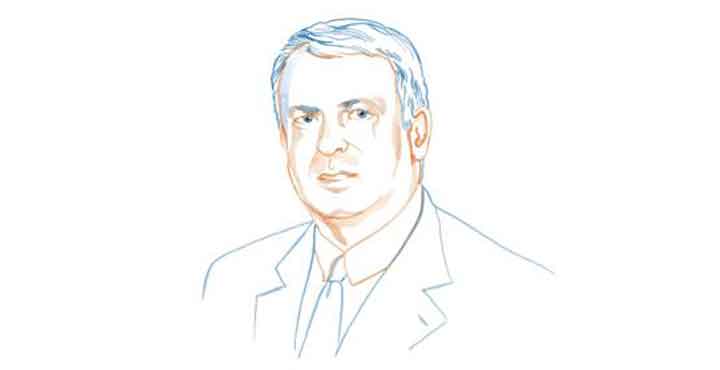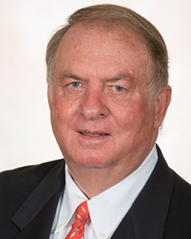
It is hard to believe, but we are now in the second decade of the 21st century.
The author Jim Collins has observed that getting the right people in the right seats is key to organizations making the leap from good to great. The key seats in residential builders and developers will be different over the next decade and the skill sets needed to fill them will have to change also.
I believe that the whole operating environment for builders and developers will be a different one for a while. The past was characterized by the availability of abundant and relatively inexpensive debt to all players in the industry.
For a builder or developer, money was made primarily by having access to capital and making the land or asset deal. The brains of the outfit were mostly focused on finance, legal, acquisition, and entitlement efforts. The operating side of the business was often given lip service, but rarely did you find cutting-edge thinking and entrepreneurial drive in that part of the business.
With the freeze-up of available debt capital for the industry, the implosion of asset values, the impending drawback of government support, tougher retail mortgage underwriting and appraisals, and an overhang of nearly 14 million vacant housing units, the residential new-home production market faces headwinds. In addition, damaged credit issues, higher down-payment requirements by lenders, and a predilection for Gen X and Y to rent will mean that there will be a demand shift toward more rental product than for-sale for a while. This may include more rental single-family residences as well as apartments and duplex/triplex units.
It will be a time of transition from the old business environment and rules to new ones. And, in this unsettled environment there will also be new personnel requirements for success.
The first will be the need to focus on operational excellence. Margins will be created more by how efficient the production is than in the past. Process control and improvement, cycle-time reduction strategies, deep partnering with vendors, design flexibility, speed to market for new products, and value-engineering will have to be embedded into building and development companies. These are skills that are in rare supply currently in the industry. They will probably come from engineers and management scientists not normally attracted to “low tech” home building.
The second is a creative focus on market segments, demographics and psychographics, and unfulfilled demands. In a world of oversupply, companies will have to figure out how to attack niches that are not fulfilled by existing product offerings (both new and resale). Competing based just on price and the house design will not be enough. Customer experience, quality of neighborhood, social infrastructure, and other “soft” components of value will become important for generating profitable sales. A new kind of marketing entrepreneur is needed to figure out how to embrace these opportunities. Where will these marketing types come from?
The third is a creative focus on new business development and models. Entrepreneurs who can figure out business models that work in this new kind of environment will be needed. Some will be needed to retool vendors and make them into new-age partners. Others will be needed to figure out how to capitalize on what the new customer wants.
Finally, creative leadership will be required: leaders willing to define what their companies are and how they are different in meaningful ways to a target market. Leaders who are willing to experiment with new business models and who are able to inspire a whole creative class of employees to go places where others have not and are not going will be the ones who will prosper as the uncertain future unwinds.
All of this points to new skill requirements, new organizational titles and responsibilities, and new leadership and management skills. De Anybody ready to cowboy-up and ride into this new world?
About George Casey

With decades of deep hands-on experience in operations and processes, business consultant and keynote speaker George Casey brings unparalleled insight to a variety of businesses to streamline operations, increase profits and long-term sustainability, especially to the residential development and home building industries.
Join Our Discussion




